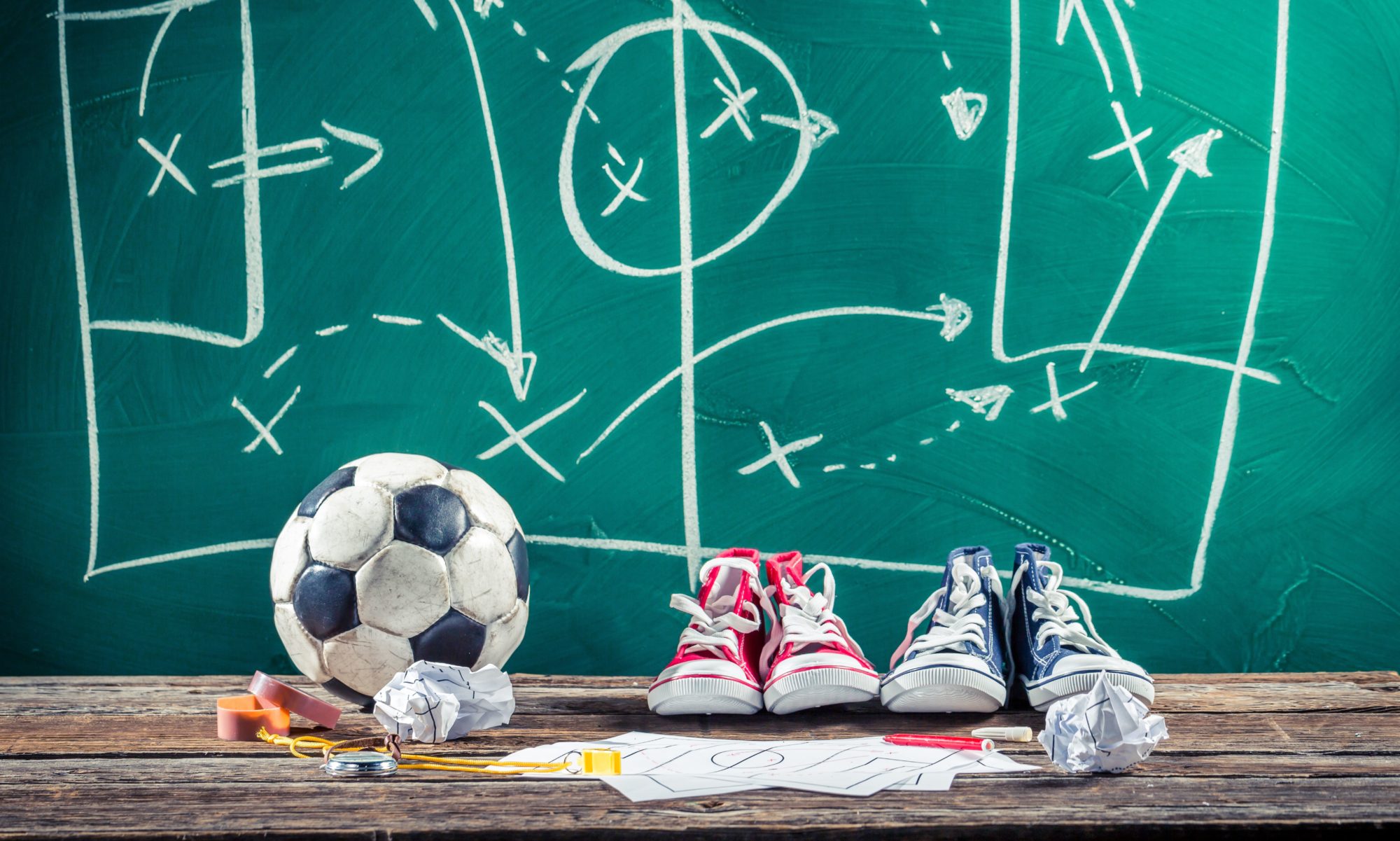The referee is the highest authority within the field of play and, although we often disagree with him, we must accept his decisions and parents must teach their children to respect this figure.
The first ones who should set the example after the coaches are the parents. If we only preach with words and not with the example, the children are hardly going to do it. For more errors committed by judges, they do not deserve to be insulted by anyone, much less suffer any type of aggression.
At an amateur level, referees, like children, are starting their careers and they make mistakes. That’s why parents should explain to their children that they should be understanding and try to help them as much as possible.
Rules are part of the game, and without them and a person who gives them, soccer would not be possible. Parents should teach their children that things sometimes do not go as they want, but you have to get up in the face of adversity and try again.
This respect to authority, to established norms, to overcome adversity will also serve children for daily life, whether at school, in any type of association, and later in working life.
Let’s talk about the field. Discussing with the referee can physically and mentally get you out of the game. Players who are talking to the referee in an active way are not paying full attention to the game.
If they are placed on the field so that the referee can hear them, they are not thinking about their position in relation to the game that is taking place.
If the player is devoting his effort to speaking with the referee, he cannot communicate effectively with his teammates.
As a coach you have to teach young players that you have to concentrate on the game, its situation and the opportunities it presents. We must motivate the boys to always play until the whistle blows. If they fall, even if they think they have been fouled, they must recover quickly to continue playing.
It is true that on many occasions a referee can make an erroneous decision that can be fundamental for the outcome of a match, but these do not cease to be errors that happen and that are human.
Referees are on the same level as us and therefore they are learning and improving as we do ourselves every time we jump to a field.
At an amateur level, we play to become better every day. The referees also; learning and accepting the mistakes of others is an important lesson that soccer offers us and that will serve us for a lifetime.


